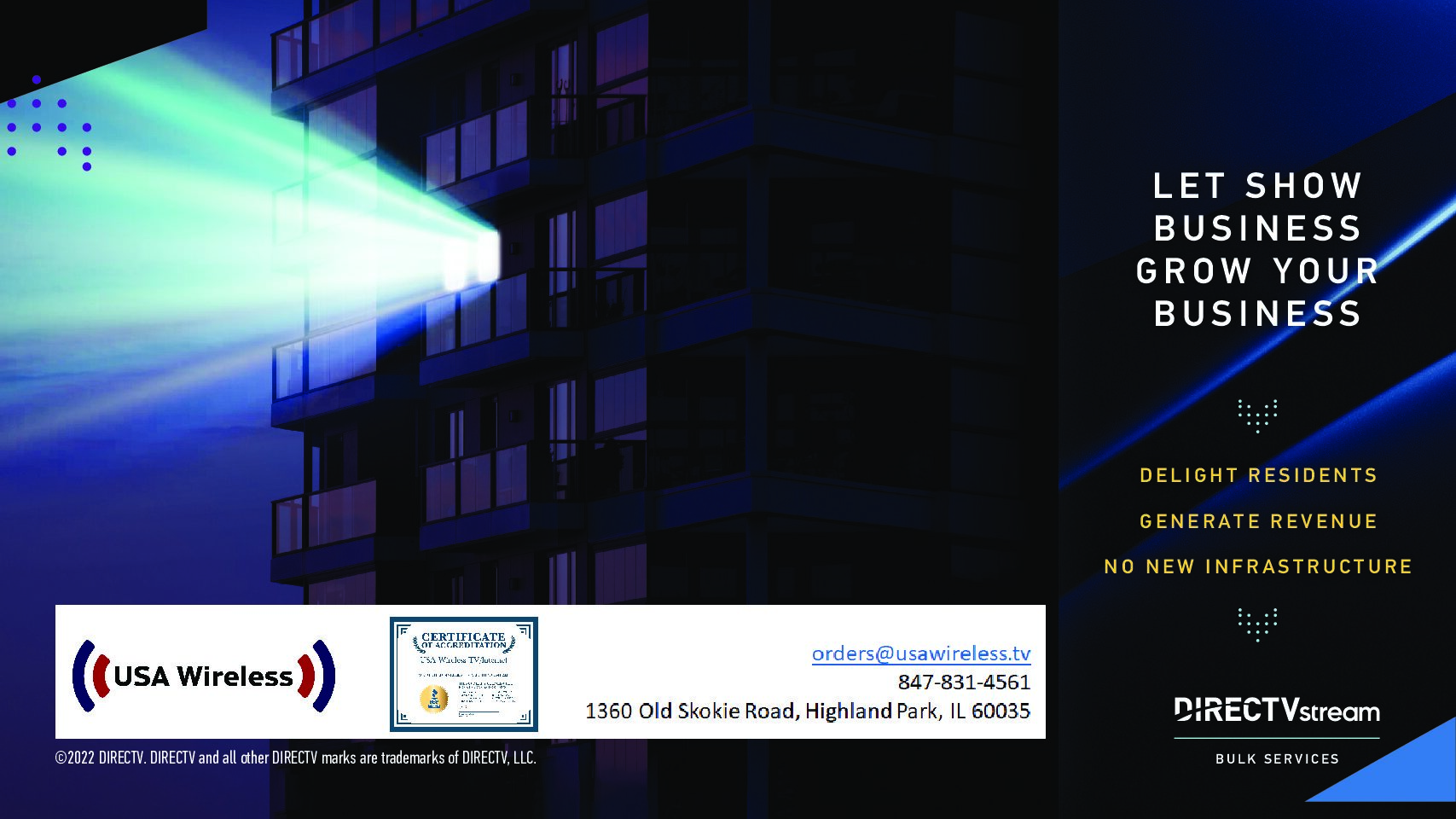Steering the Complex Terrain of Regulatory Standards for Network Protection in Multi-Dwelling Residences to Ensure Resident Security and Data Safeguarding
Wiki Article
In today's world, numerous people reside in multi-unit buildings, such as apartment complexes and condominiums. Such locations often share common networks for internet and other amenities. Although this setup can be convenient, it also raises significant questions about network security and regulatory standards. Ensuring the safety of residents and protecting their information is essential. This piece will explore the intricate environment of compliance standards for system safety in multi-unit buildings, emphasizing how these guidelines help keep residents secure and secure.
One of the primary compliance standards that apply to network security is the EU Data Protection Act (GDPR). This regulation is intended to safeguard personal data and confidentiality for persons within the European Union. Although it mainly pertains to businesses functioning in Europe, its principles can influence practices in different regions as also. For multi-dwelling buildings, adhering to GDPR means establishing robust data protection measures. This includes ensuring that residents' personal data is collected, kept, and processed safely. By adhering to these guidelines, building managers can help establish confidence with tenants and ensure their information is safe from unauthorized intrusion.

Another significant standard is the Health Coverage Portability and Accountability Law (HIPAA), which safeguards sensitive healthcare information in the healthcare industry. In multi-dwelling units, particularly those that provide healthcare assistance or have tenants with specific medical requirements, compliance with HIPAA is essential. This requires that any health-related data collected from tenants must be maintained confidential and secure. Building managers must ensure that their network infrastructures are designed to prevent data leaks and illicit access. By doing so, they not only adhere with regulatory obligations but also promote a safe living space for all residents.
Alongside GDPR and HIPAA, the Payment Payment Industry Data Security Guidelines (PCI DSS) is a further vital compliance guideline. This guideline is particularly relevant for multi-dwelling buildings that process debit card payments for rent or services. PCI DSS specifies protection protocols that must be implemented to protect cardholder information. This includes securing confidential data and frequently reviewing network security. By following PCI DSS guidelines, building managers can minimize the risk of data breaches and safeguard residents' financial data, mdu security risk assessments which is vital for maintaining their trust and safety.
Finally, it is crucial for multi-unit buildings to remain informed on local and national laws regarding network safety. Regulations and guidelines can evolve, and remaining aware is essential for compliance. Building administrators should regularly review their security policies and procedures to make sure they comply with up-to-date standards. This preventive strategy not only helps in maintaining compliance but also enhances the overall security of the network. By prioritizing resident safety and data protection, multi-dwelling units can create a safe residential space that encourages confidence and reassurance among tenants.
To summarize, traversing the complex landscape of compliance standards for network security in multi-dwelling units is essential for ensuring resident safety and data protection. By understanding and implementing standards like GDPR, HIPAA, and PCI DSS, building administrators can establish a safe space for their tenants. Remaining informed about local regulations and regularly reviewing safety protocols further improves this dedication to safety. Ultimately, a strong focus on adherence not only safeguards tenants but also fosters a feeling of belonging and trust within multi-dwelling buildings.